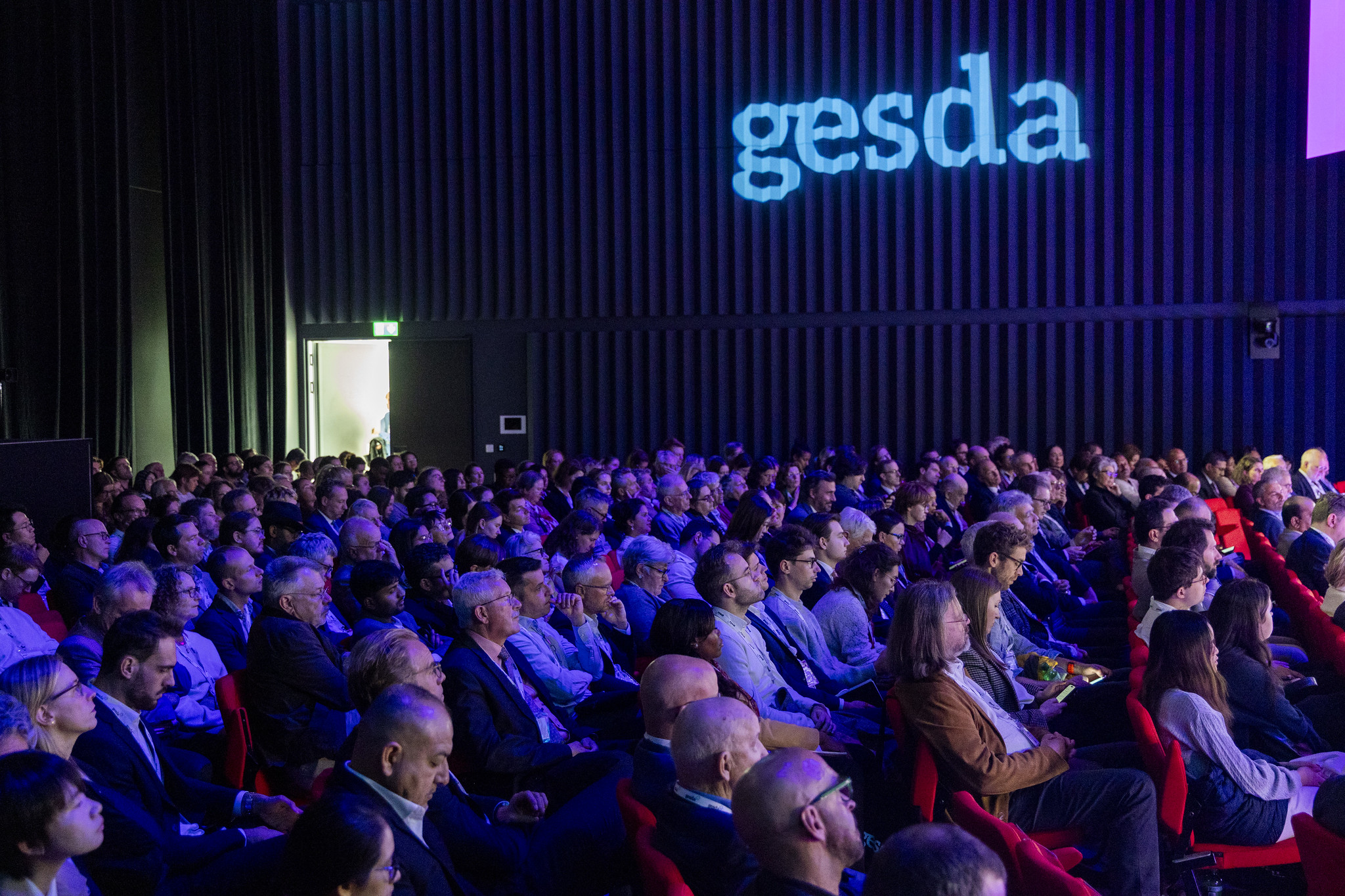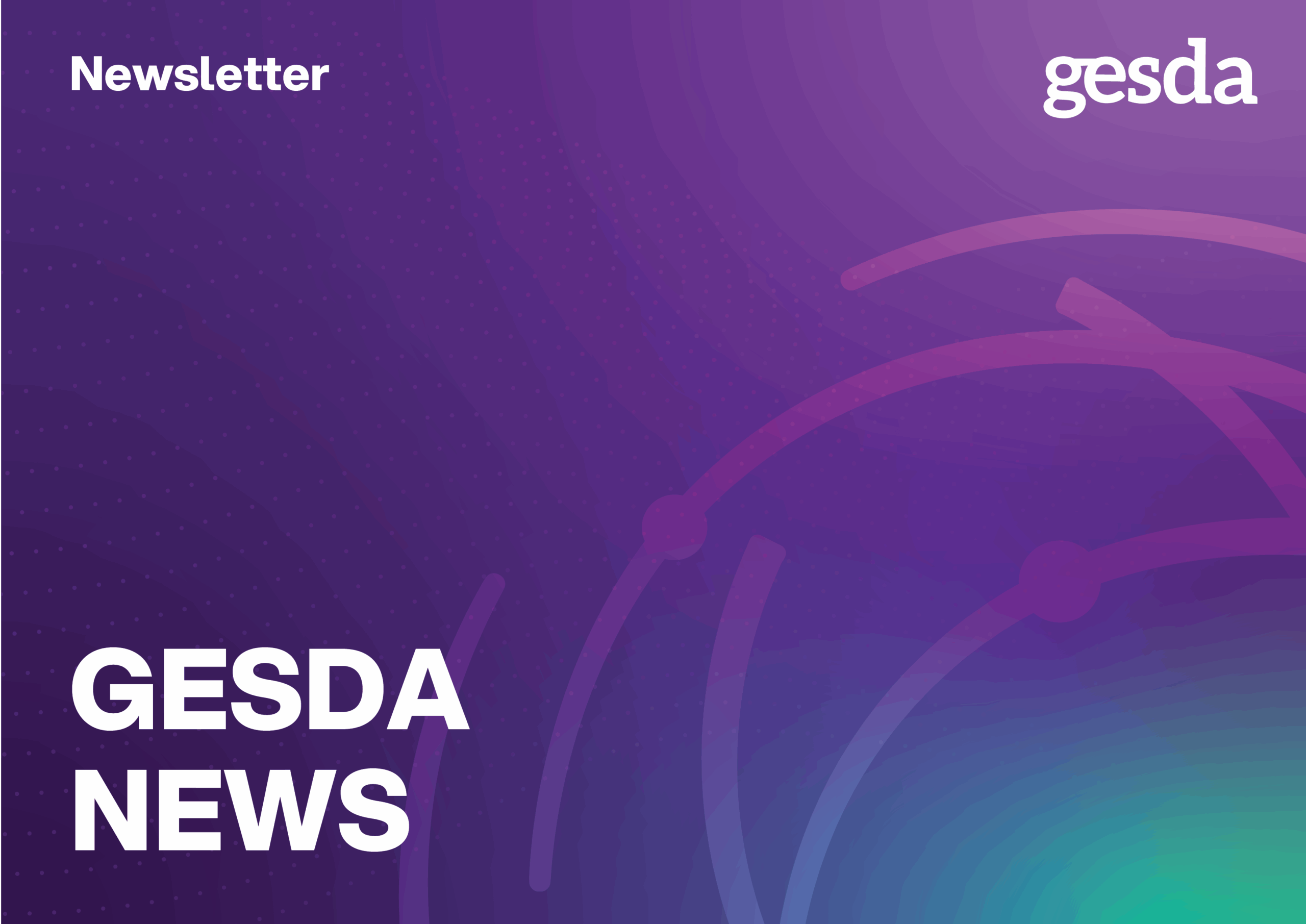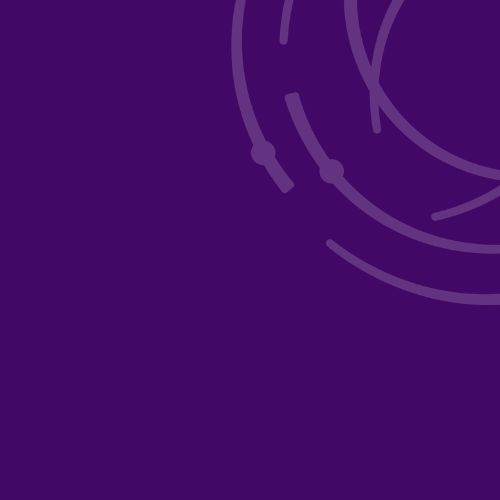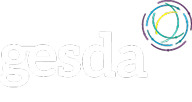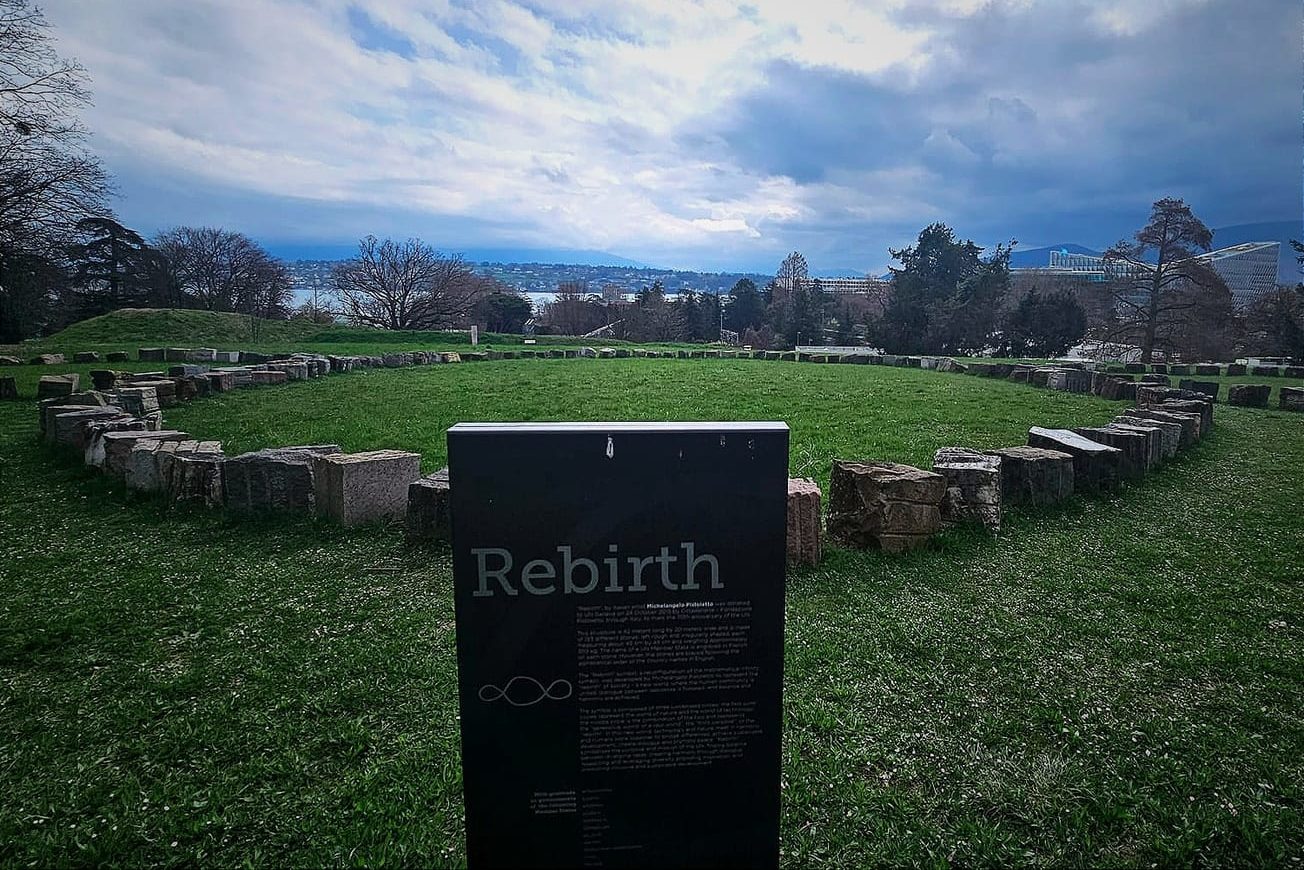
GESDA gears up for the fourth edition of its immersive learning and networking experience based on the dynamic science and diplomacy ecosystem of International Geneva.
On the grounds of the Palais des Nations overlooking Geneva, Italian artist Michelangelo Pistoletto’s installation of 193 different stones, each bearing the name of a United Nations member nation, is configured as an infinity sign symbolizing a renewed and unified society.
More than 35 leaders who have been selected to take part in the fourth edition of Geneva Science Diplomacy Week can expect a sense of renewal and unification when GESDA gathers the cohort from 5-9 May, 2025, for an insider’s look at the Swiss city that serves as a global hub of multilateralism. Members eagerly anticipated their upcoming gathering. “I want to share experiences in science diplomacy with different stakeholders and enrich my academic point of view. I love the mix between art and science,” said Paola González-Vargas, Academic Advisor at the National University of Costa Rica.
Erika Fille Legara, Managing Director and Chief AI & Data Officer at the Center for AI Research in the Philippines, said her aim is “to deepen my understanding of anticipatory science diplomacy frameworks.” The cohort’s members come from different sectors of government, diplomacy and business related to science and technology to learn and share experiences, becoming friends and collaborators. Once the week is over, they are empowered to amplify science diplomacy in their countries and institutions.
The immersion program deepens understanding of emerging science and technology advances and their implications for multilateralism, based on the GESDA Science Breakthrough Radar®. The sessions are hosted at the Palais des Nations, University of Geneva, Geneva Centre for Security Policy, CERN, and Campus Biotech, where GESDA is headquartered. “As a Global South diplomat from a small delegation, I want to maximize my impact on international relations,” said Peter Ahabwe Babigumira, Director of Policy and Strategic Partnerships at Nuo Bioscience in Uganda.
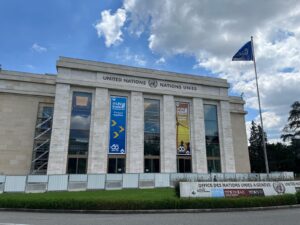
The first day includes a tour of the Palais des Nations, built between 1929 and 1938 for the League of Nations and now the U.N.’s European headquarters, and an evening cocktail reception where participants can dive into how the multilateral system is transitioning based on the most recent disruptions to the post-war international rules-based order. A lively debate is expected in the evening with Geneva-based U.N. ambassadors from Chile and Kenya and senior officials from the World Intellectual Property Organization and Inter-American Development Bank.
The composition of the group typically brings together people split fairly even among those with backgrounds in science and academia and those in policy and diplomacy, with some participants coming from industry and civil society as well. This year’s cohort has increasing participation from the business and impact communities. Among the professional roles held by the cohort’s participants are executives, professors, policy officers, diplomats, philanthropy leaders, and researchers.
GESDA’s mission is to anticipate emerging scientific discoveries and translate them into concrete actions for the benefit of society. Since 2022, GESDA and its partners have provided an unparalleled opportunity for participants in Geneva Science Diplomacy Week to gain insights from key international agencies, diplomatic missions, academic institutions, NGOs and technology leaders. These include the UN Institute for Training and Research, University of Geneva, Geneva Centre for Security Policy, CERN, Geneva Science-Policy Interface, Science in Diplomacy Lab at University of Geneva and Swiss Federal Institute of Technology Zürich (ETH), Open Quantum Institute, foraus, and Swiss Young Academy.
GESDA also works to ensure that all five continents are represented, designing the week-long program to feel like a cohort and not a general conference or large workshop. The training methodology is based on experiential learning, with scenarios that encourage scientists and policymakers to swap roles. They also require the cohort to simulate the complexity of diplomatic negotiations, decision-making, and compromise.
“We want the people we select for the program to bring with them a wide range of mindsets and experiences,” said Marga Gual Soler, Head of Science Diplomacy Capacity Building for GESDA, who oversees the week-long program. “It’s a transformative leadership experience and we are looking forward to welcoming the fourth cohort this May.”



